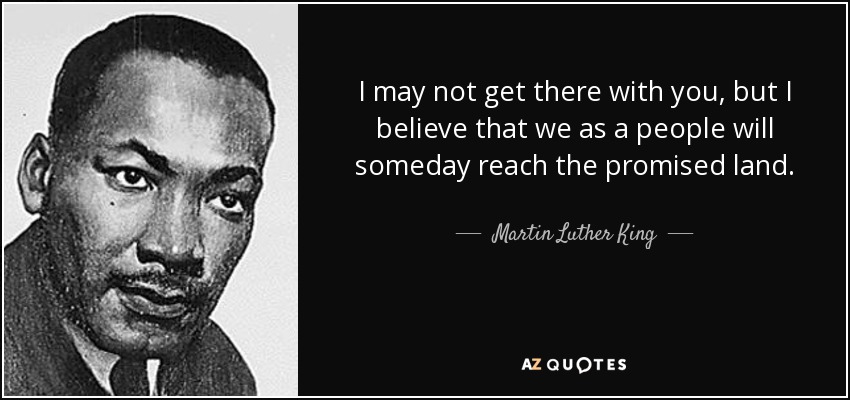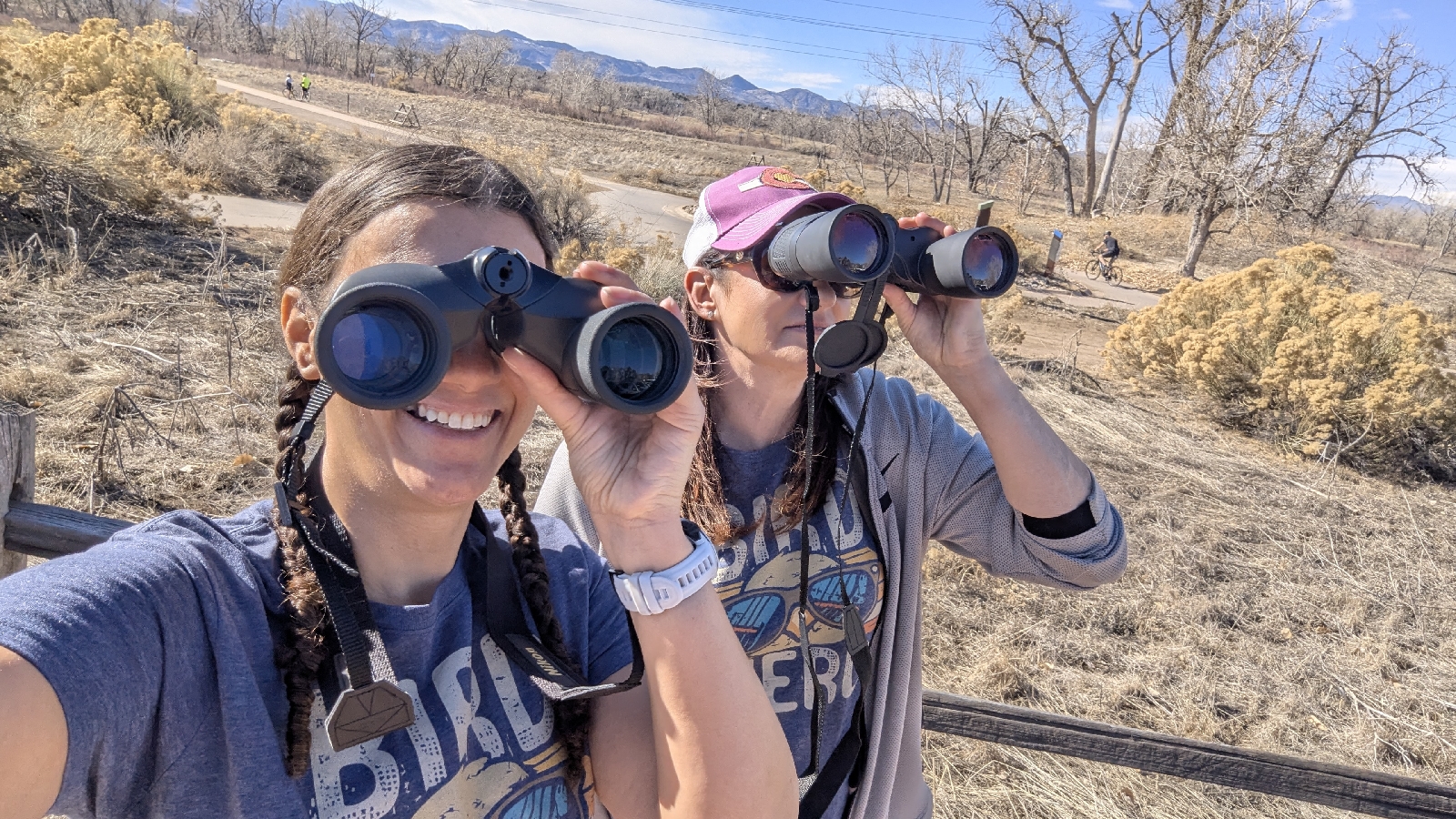Facing Death, Impermanence and Climate Change
I took the class Facing Death, Impermanence and Climate Change from August 17th to September 7th through Insight Meditation Center of Pioneer Valley. You can find information on death mediation on the teacher's, Nick Boutros, website Northampton Psychotherapy Contemplating Death & Climate Change Project.
I think it's been this year, 2020, that has focused my mind on the idea of death. To be fair, I've thought a lot about death throughout my life. One of my earliest memories is bursting into tears as a toddler because I had gotten lost in the imaginings of what death must be like and scared myself. I think 2020 has heightened these fears. Death is a heavy and low lying cloud hanging all around us these days.
Currently there are fires burning all throughout the west coast. Police violence, gun violence, natural disasters, Covid-19, all these things permeate my news feed daily. Death is all around me. Death will eventually come for me. The thought has woken me up in the middle of the night and made it hard to return to sleep. I don't fully understand why it's so pervasive this year, at this moment, for me, but again just the kind of year that 2020 has been is my best guess.
When I saw the posting for this class it immediately caught my attention. This was exactly what I'd been thinking about! A lot! It seemed like a perfect class had just been dropped in front of me. And yet I hesitated. The warnings in the class description about the content being triggering gave me pause. I've been meditating for years if I really stop to think about it and look back. But am I really an experienced mediator? Was I ready for this?
I decided I was. I wanted to lean into this discomfort of death. I wanted to face it head on. And I found that going through the meditations in a structured and guided way was much less distressing than letting my mind run untethered at 3 in the morning.
Nick encouraged us to think about why we were in this class, to explore our reason for being there. I think I wanted more of a sense of urgency in my life. I'm almost 40 and I've not changed the world yet! I'm running out of time! I hoped that thinking about death would help me get busy at life.
This class surprised me by kind of providing me with an opposite kind of thought. What if I can't change the world? What if climate change, racism, sexism, all the isms, still exist when I die? Can I be okay with that?
I read Healing Resistance in July by Kazu Haga, founder of East Point Peace Academy. One of the things that struck me like a rock to my forehead was the idea of the beloved community I long for may not happen in my lifetime. Can I be the kind of person that strives for a world that I won't live to see? Kazu tells the story of a village in India that has bridges woven together from tree roots and vines. They have to wait decades and sometimes for the next generation before they are ready to be crossed. (Here's a short documentary about the village.)
He says:
This has become a powerful analogy for how I look at the work of social change and the work of building Beloved Community. It is the work of generations, not election cycles, grant periods, or five-year strategic plans. We don’t need to be weighed down with the expectation of single-handedly changing everything, because we are not alone. We have the wisdom of our ancestors and the lives yet to be lived by our descendants.
This stuck with me. Racism, hate, poverty, climate change- they are all too big and have been going on too long to solve in my lifetime. I can only do what is within my sphere of influence for me to do. I can only move humanity along as much as I am able. I can only make the world a little better for my children, and hopefully they will make it a little better for their children, and so on. This can be a disappointing thought because I want the instant gratification. But it can also be an incredibly freeing thought. As Kazu says, we don't need to be weighed down with this terrible responsibility. We can take up the mantle of our ancestors and pass on our successes to our descendants. We are not alone.
Wishing you love and peace,
Alice




Comments
Post a Comment